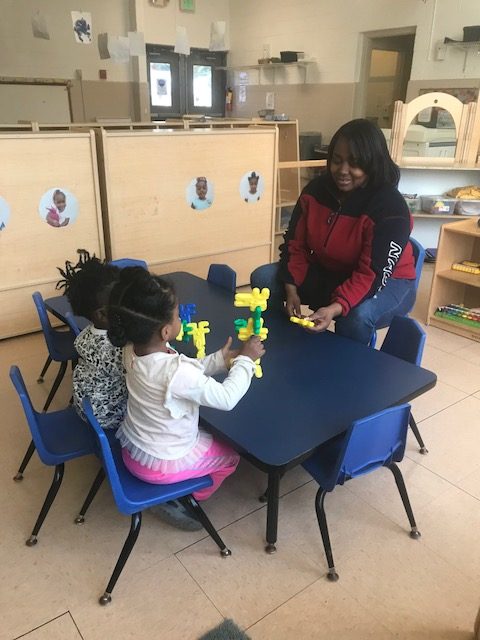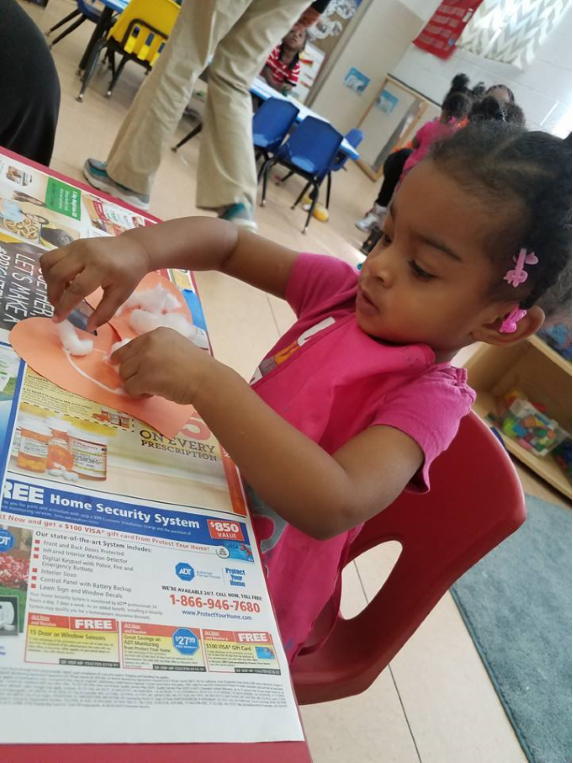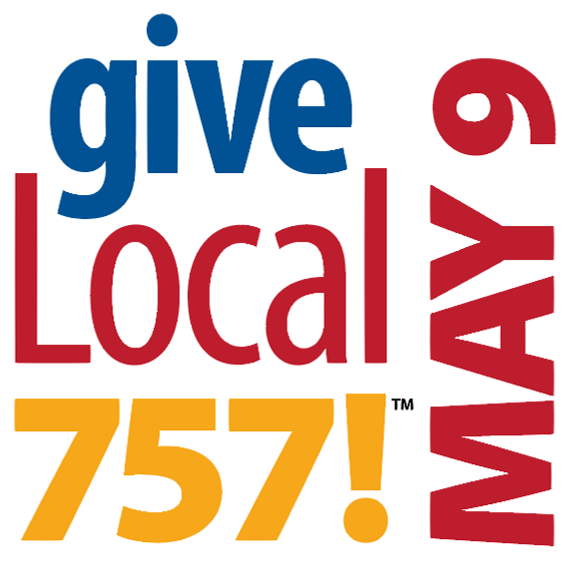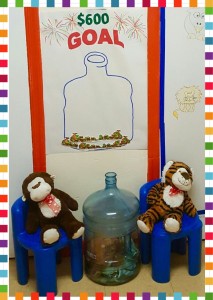
Ida Barbour’s Lead Teacher loves what she does, especially at the Center! She is in her third year at Ida Barbour, after running her own day care at home. Born and raised in Portsmouth, a graduate of Woodrow Wilson, Lakeshia has enjoyed the larger space, equipment and extra assistance Ida Barbour has over trying to teach and care for children in a home environment. She also realizes that you don’t often get to know everybody and grow professionally in a large corporate type chain or franchise offering childcare.
“I love getting to know everyone I work with and all of the parents,” said Lakeshia. “It is so important to understand each child’s family environment, and especially with new children coming to Ida Barbour, she finds it so important to communicate with the parents to learn how their child adapts to new situations.”
When asked what she feels is her best results when teaching, Lakeshia will tell you the learning process for colors and shapes, two of many important aspects of early childhood curriculum. Lakeshia especially likes to teach Ida Barbour’s two-year-old children as they are eager to learn and take in everything you say.
Lakeshia stresses that the priority for Ida Barbour is to gain more space so that both teachers and the children can focus directly on the activities of the day and listening easier to each other. She is excited about the architectural design for the new Ida Barbour.
Please be sure to check out the design and information about our Ida Barbour Building Campaign. We need your help, both in donations and being an ambassador for us to share our news!


